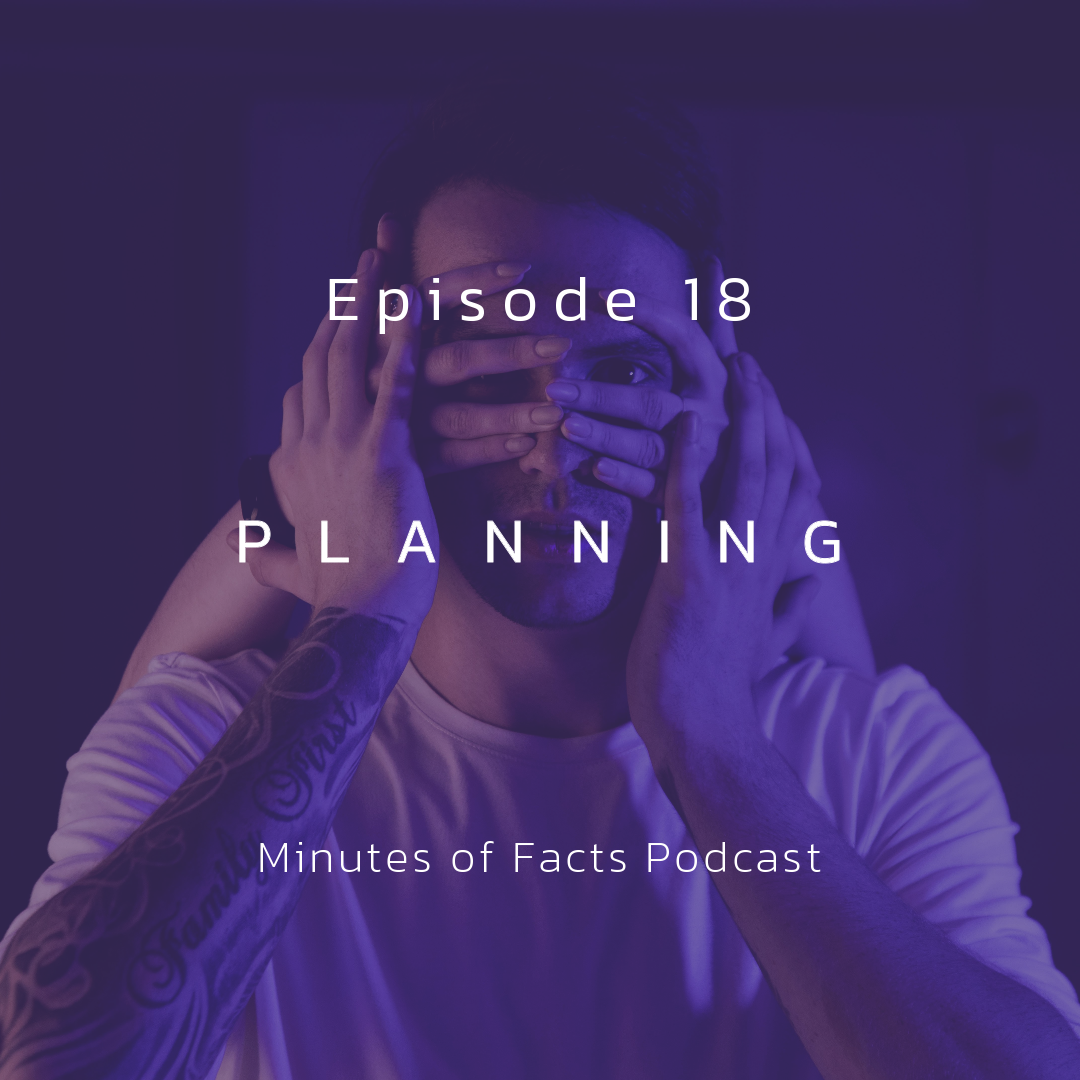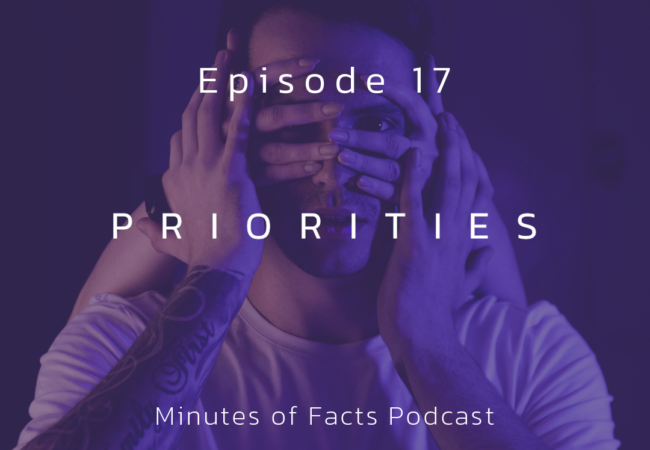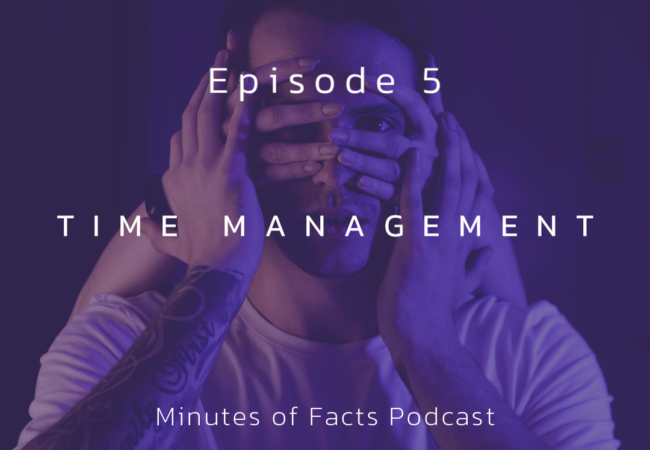

INTRO:
What is planning? Why does it matter? And How to plan in healthy way?
Welcome to minutes of facts. Today, we will talk about Planning.
WHAT is planning:
Referring to Oxford Dictionary: Planning is, quite simply, the act of making a detailed proposal for doing or achieving something, setting an intention or reaching a decision about what you are going to do, either generally or in relation to a specific goal or focus.
What planning isn’t, however, is a guaranteed set of actions or an absolute-set-in-stone blow-by-blow account of what is going to happen, because it misses out on one important factor: the variability of the world in general. Things change, and as a result our priorities change which means that we need to adapt or modify our plans based on the new circumstances.
In short, planning is a road map of how you’re going to make something happen.
For anyone dealing with mental health challenges or simply wanting to improve their overall sense of wellbeing, planning is an absolute necessity in the sense that it brings balance and consideration into your choices; however it also requires two other key ingredients to be successful: patience and flexibility.
WHY planning matters:
Planning matters because making plans for how you are going to achieve your goals and dreams serves to give you hope and something to aim for, because otherwise it can feel more like we’re just existing instead of truly living.
And it’s also about consciously planning for how you will deal with the unexpected, because if there is one thing you can guarantee will happen in the future it’s that something unexpected will pop up and throw you for a loop!
HOW to Plan in a healthy way:
- Start by reflecting:
Start by considering what is working in your life and what is not, so that you can identify where you might need to focus your attention. This isn’t an excuse to roast yourself; instead, I’m asking you to do this in a kind, objective and non judgmental way.
- Think about what you want to achieve:
it’s a worthwhile exercise to take some time for yourself every now and then to consider what you really, really want.
This is about considering where you are headed and why.
It’s the ‘why’ bit that really matters; I mean, if you don’t know why you’re doing something (or want to do something) then, honestly, what’s the point?!
You may have 50 million things you want to achieve, and that’s totally fine, however I want to encourage you to consider which ones are of the highest priority and more aligned with the vision you have for yourself in the future.
- Refine your list into 2-3 high-level focus areas for the next year:
You can plan for whatever period of time you like, however my advice is that focusing on one year at a time will give you a healthy balance between planning too much and planning too little.
It might be helpful to consider it from this perspective: identify one key focus for your work or career, one focus area for your external world (such as your relationships with others), and one for your internal world (like your own self development and personal growth).
- Consider what will make you feel more aligned:
By this I mean what is going to contribute to your sense of satisfaction and quality of life.
Think about what feels right to you and let that steer you to explore different options, so you can figure out what feels most connected with the type of life you want to live.
- Consider what is within your control:
A healthy approach to planning is one where you look at the things you want to achieve and then identify what is specifically within your direct control; in other words, what can you do or say to create the outcome you desire.
Everything else cannot be controlled by you (and that includes other people!) so you cannot accurately predict what will or will not happen, meaning that you need to be prepared to adapt to things as they change.
- Consider what you can remove or reduce from your life:
Because sometimes the most effective plans are more about how to simplify your life by removing complications or difficult situations since that can then free up your headspace for other things while also creating a greater sense of calm.
- Turn your plans into specific achievements you’re working on:
So by this I mean to be really specific and detailed about the what, why and how of what you’re doing (as well as the ‘by when’), in order to help you become crystal-clear on what needs to be done.
- Break your plan or goal down into smaller chunks:
This is about identifying each step and working out a detailed plan that is broken down from yearly to quarterly, from quarterly to monthly, from monthly to weekly, and then from weekly to daily.
The point here is to take your plan and break it down into the smallest possible pieces so that you can do a little often.
- Small steps are still steps:
Because when you do a little every day or every week, it adds up over time to deliver big results.
Don’t overextend yourself and be realistic about who you are and where you’re at; if you don’t like to run, then doing a marathon next weekend just isn’t realistic.
Instead, work your way up to it a little at a time over a longer period. The outcome is still the same, even if it takes a little bit longer, and doing it that way will usually lead to a more sustainable result in the long term.
- However long you think you need, double it:
I previously touched on the point that “you cannot accurately predict what will or will not happen” and so, because of that, I highly recommend giving yourself breathing space by allowing extra time to achieve specific things you might be planning for. Why?
Because it gives you a buffer for all the stuff that can just pop up out of nowhere and which will inevitably compete for your attention, and if you don’t end up really needing the extra time then you can get things done earlier than expected!
- Have a Plan B:
Because planning requires a high degree of flexibility and adaptability, since you never know what may change in the future, so always think a couple of steps ahead and consider alternate options in case one part of your plan doesn’t work out as you had hoped;
Remember that failure is not the end of the world and it’s simply an opportunity to learn.
OUTRO:
Thank you fr your time and support. Visit our instagram page for more content, all about better mental health and wellbeing.
Stay safe and healthy. Talk to you next time!








